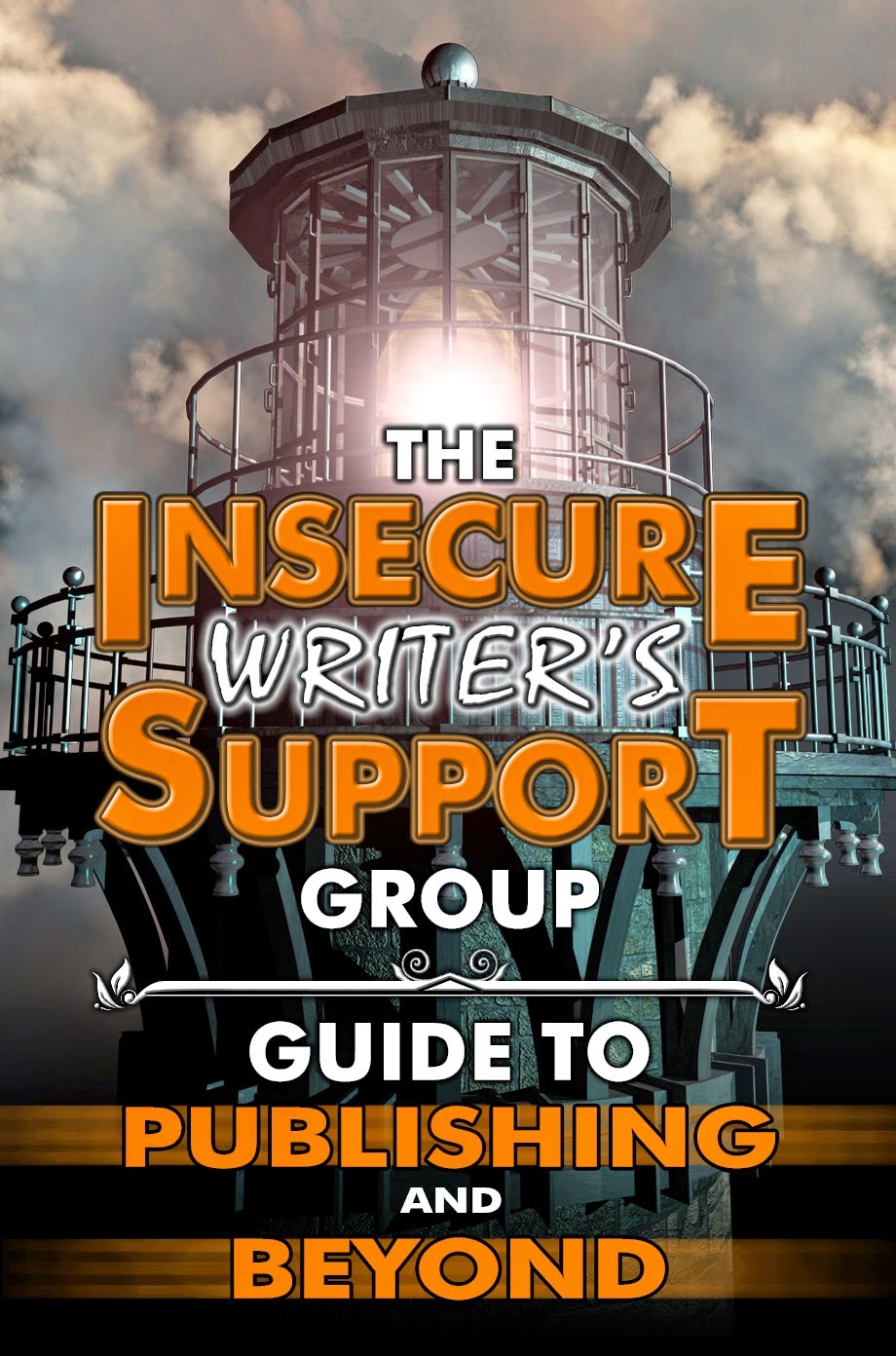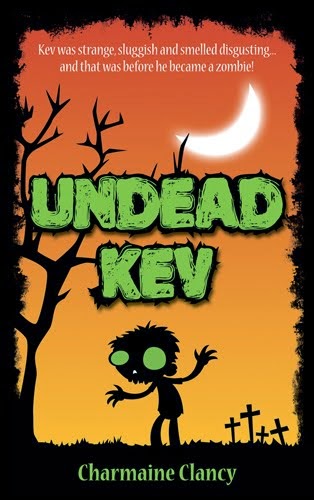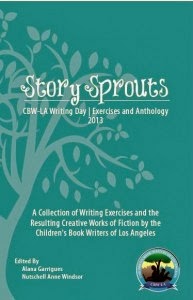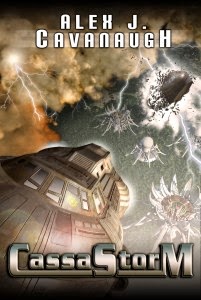One of Elmore Leonard’s ten rules for writing was “Try to leave out the
part that readers tend to skip.” Excellent advice that makes very good sense,
only exactly which parts are those?
On the surface it would seem obvious—the boring stuff, the longwinded explanations and unnecessary interludes, right? We all know what he meant. But when it comes to recognising the skip-worthy in our own stories it’s never quite so clear cut.
On the surface it would seem obvious—the boring stuff, the longwinded explanations and unnecessary interludes, right? We all know what he meant. But when it comes to recognising the skip-worthy in our own stories it’s never quite so clear cut.
Scenes that are really going nowhere and have no purpose being in the
story aren’t too hard to spot, but the bits that are just bland or that we’ve
convinced ourselves have to be there for the story to make sense, they can slip
through draft after draft.
So how do you spot the skippable parts and skip them before the reader
gets a chance to?









































































































